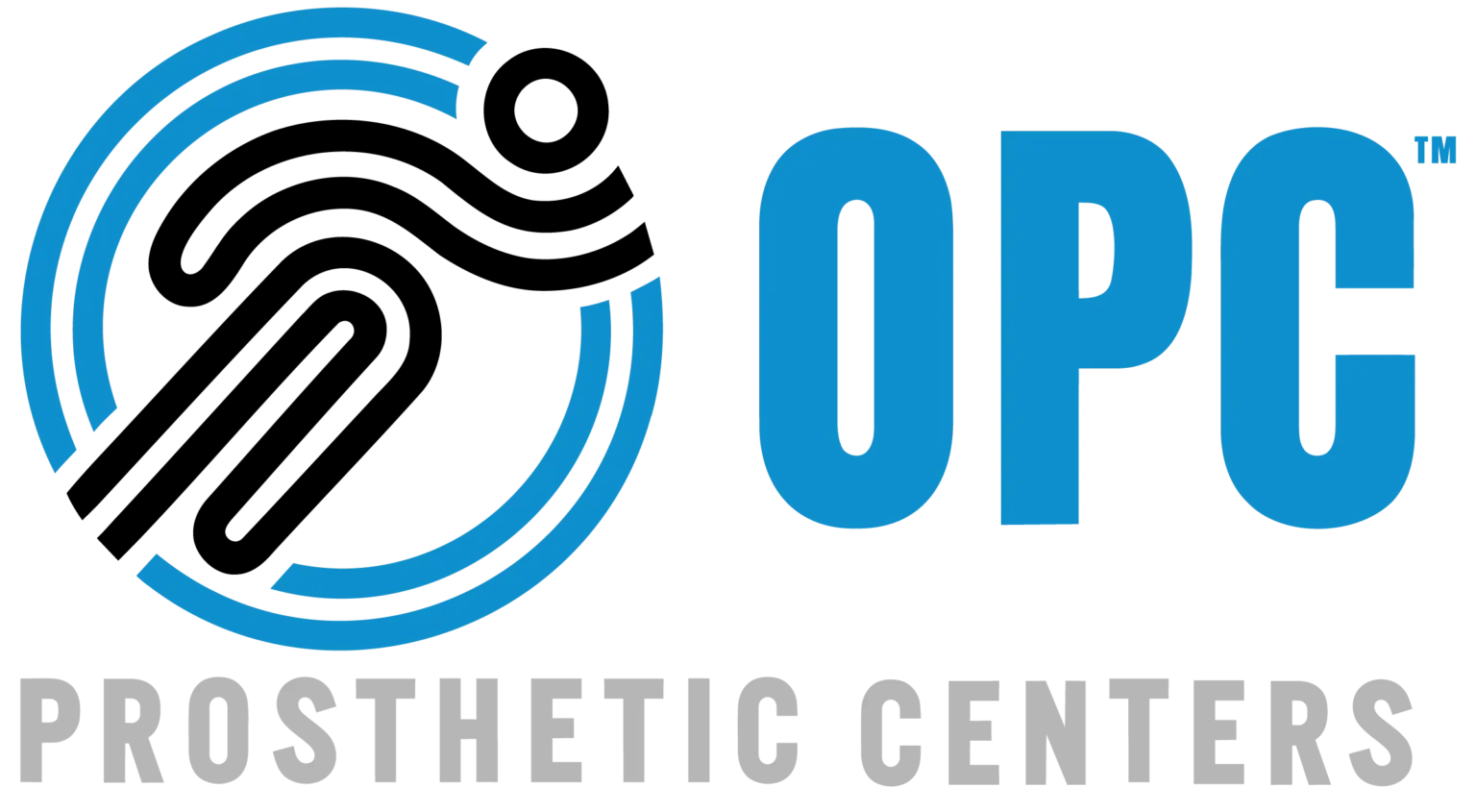In the realm of healthcare, prosthetics stand as a beacon of hope, offering individuals who have lost limbs a chance to regain mobility and independence. Yet, beyond the physical rehabilitation lies a complex landscape of emotions and experiences that shape the psychosocial journey of prosthetic users. This article delves into the intricate interplay of psychological and social factors, exploring how the adoption of prosthetics influences identity, self-esteem, and social interactions.
Emotional Rollercoaster: The Initial Adjustment For many amputees, the journey begins with the sudden loss of a limb, whether through trauma, illness, or congenital conditions. This abrupt transition can trigger a whirlwind of emotions, including grief, anger, and fear. The first encounter with a prosthetic device often marks a pivotal moment, symbolizing both loss and possibility. Adjusting to the physical presence of a prosthesis can be daunting, as individuals grapple with discomfort, frustration, and feelings of alienation from their own bodies.
Identity Redefined: Navigating Self-Perception Central to the psychosocial impact of prosthetics is the renegotiation of identity. Amputees may wrestle with questions of self-image and worth, confronting societal norms and stereotypes associated with disability. The presence of a prosthetic limb can challenge preconceived notions of beauty and normalcy, prompting individuals to confront their own biases and assumptions. Acceptance of a prosthetic device often involves a process of self-discovery, as users navigate the delicate balance between embracing their new identity and mourning the loss of their former selves.
Mirror of Reflection: Body Image and Self-Esteem Body image plays a profound role in shaping self-esteem and emotional well-being. For amputees, the physical changes wrought by prosthetics can trigger profound shifts in body perception. Some individuals may experience heightened self-consciousness and insecurity, comparing themselves unfavorably to able-bodied peers. Others may undergo a journey of empowerment, viewing their prosthetic limb as a symbol of resilience and strength. The attitudes of others, whether supportive or stigmatizing, can profoundly influence self-esteem, highlighting the importance of fostering a culture of inclusivity and acceptance.
Social Dynamics: Navigating Relationships The psychosocial impact of prosthetics extends beyond the individual, encompassing the dynamics of interpersonal relationships. Family members, friends, and colleagues play pivotal roles in the adaptation process, offering support, encouragement, and empathy. However, relationships may also undergo strain as individuals navigate changes in roles and expectations. Communication barriers, unconscious biases, and societal attitudes towards disability can pose challenges to social integration, underscoring the need for education and advocacy to promote inclusivity and understanding.
Overcoming Obstacles: Coping Mechanisms and Resilience Despite the myriad challenges posed by prosthetic adoption, many individuals demonstrate remarkable resilience in the face of adversity. Coping mechanisms such as humor, self-compassion, and peer support can serve as invaluable tools for navigating the psychosocial terrain of limb loss. Rehabilitation programs that incorporate psychosocial interventions, such as counseling and peer mentoring, can provide individuals with the skills and resources needed to overcome obstacles and thrive in their new reality.
Conclusion:
In the realm of prosthetics, the journey towards physical rehabilitation is intertwined with a profound psychological and social transformation. From the initial shock of limb loss to the complex dynamics of self-perception and social integration, the psychosocial impact of prosthetics encompasses a rich tapestry of emotions and experiences. By fostering a culture of empathy, inclusivity, and empowerment, we can support individuals on their journey towards acceptance, resilience, and renewed purpose.


